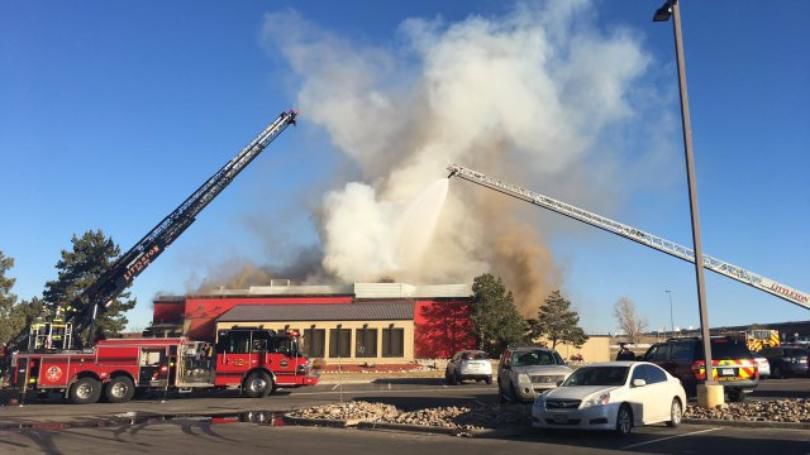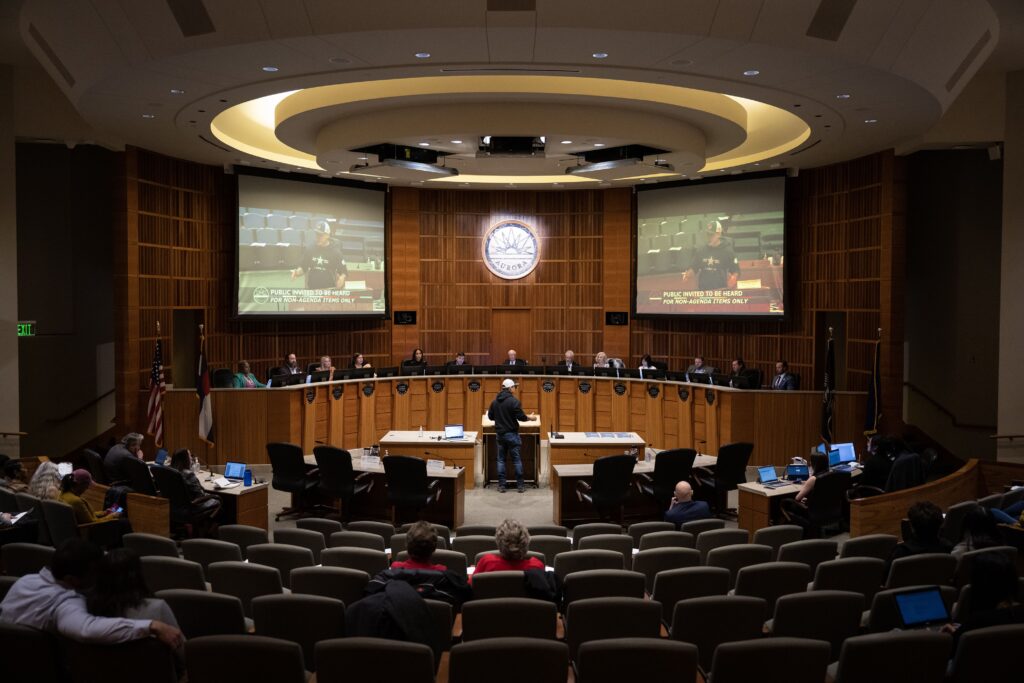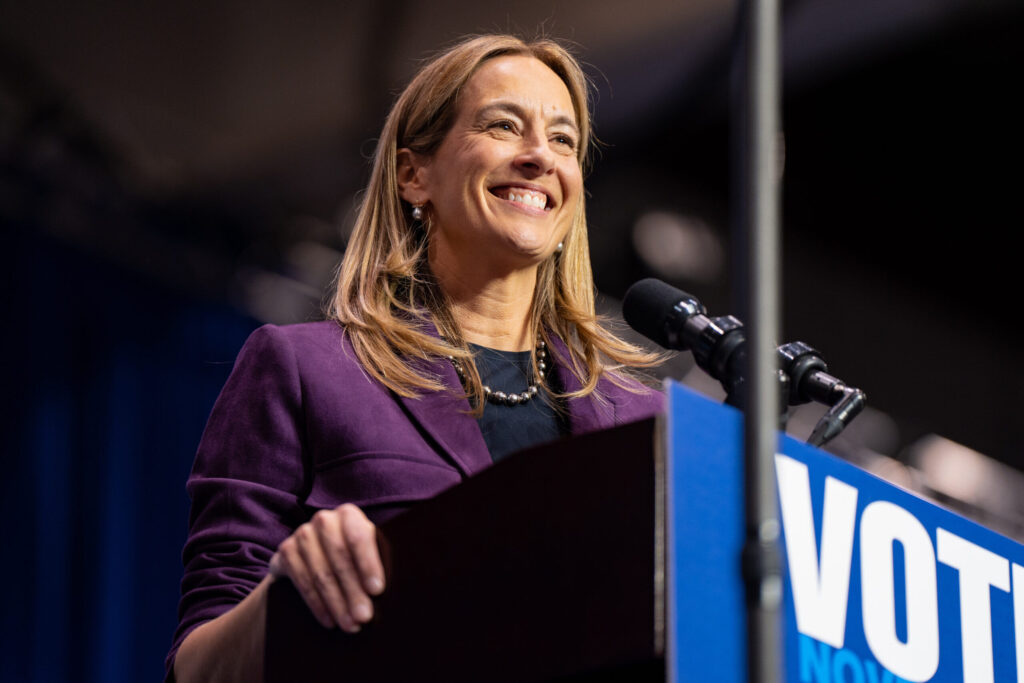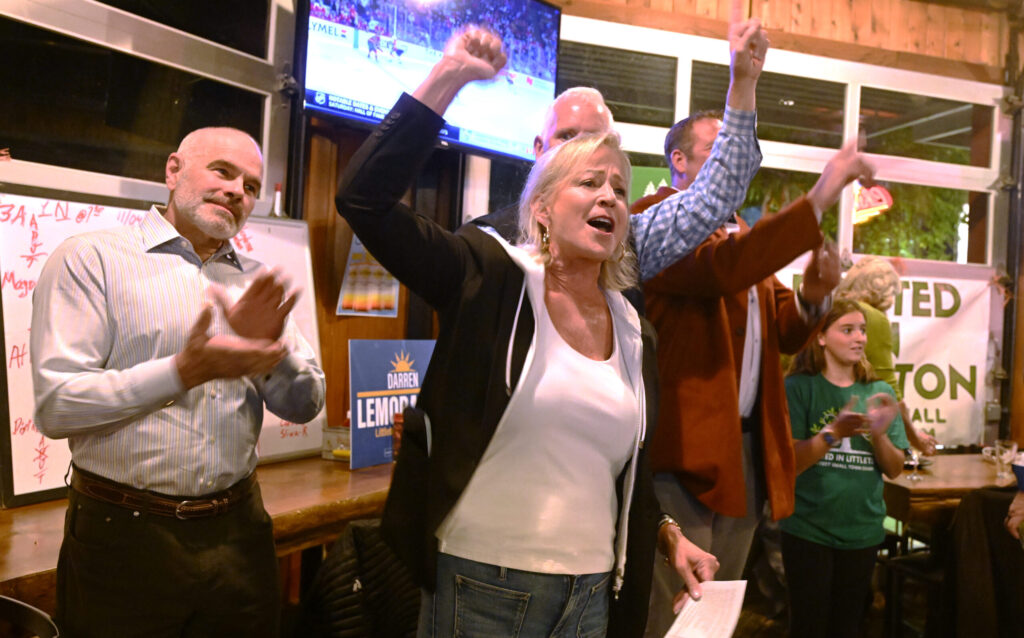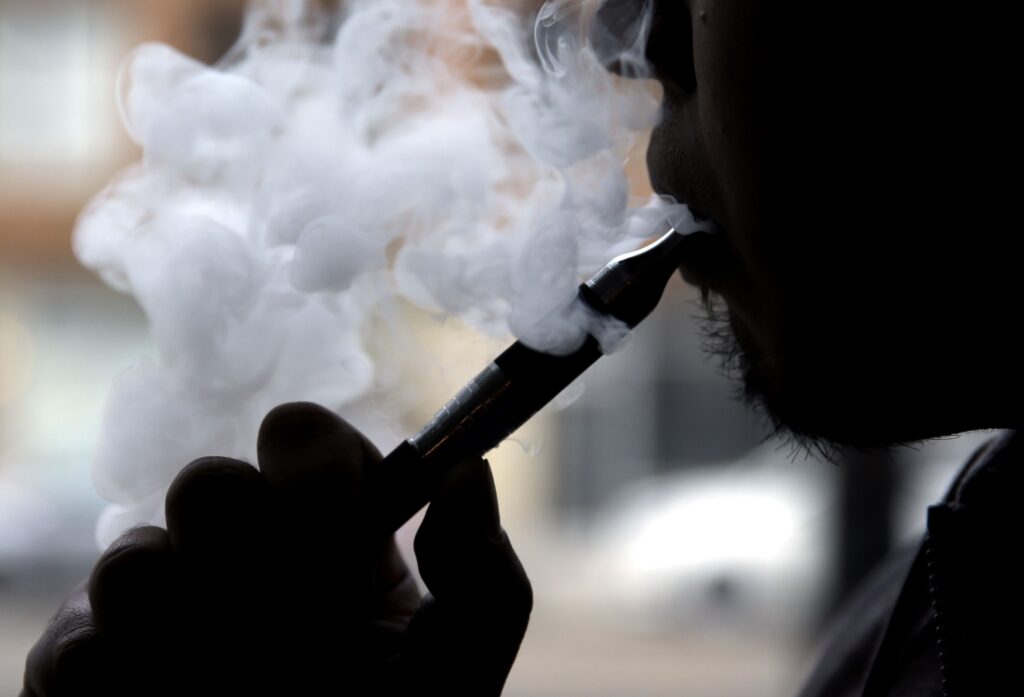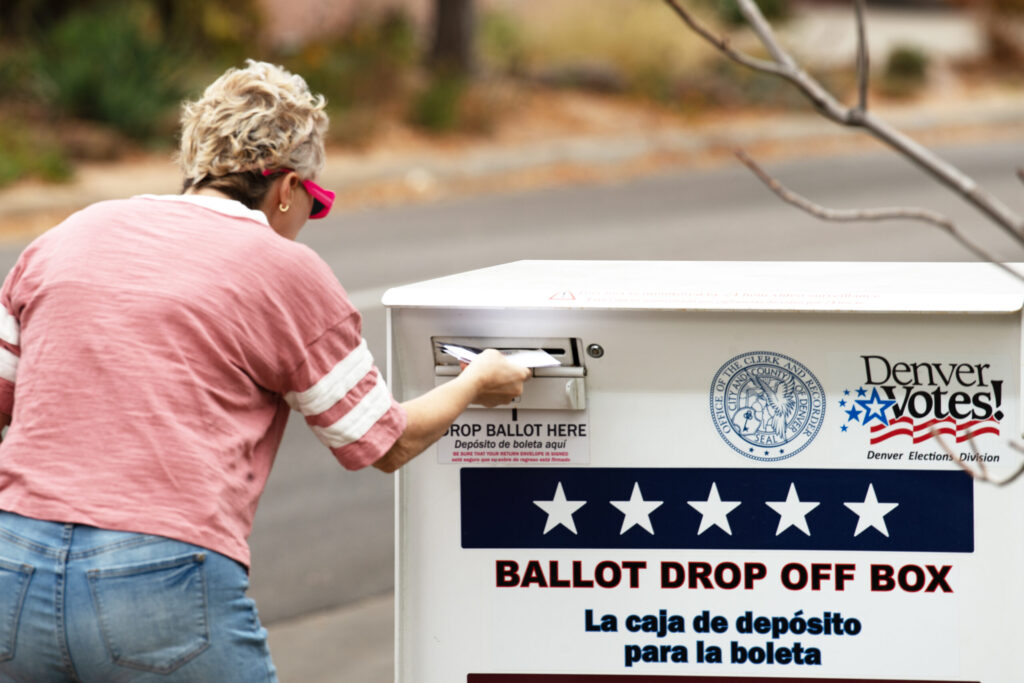Boulder County joins lawsuits against JUUL over vape products

Boulder County Commissioners elected to join a lawsuit against JUUL Labs, Inc., the seller of $3.4 billion worth of vaping products, over its marketing, manufacturing and sales of e-cigarettes intended to appeal to youth.
“Youth in Boulder County are using nicotine and vaping products at rates that are among the highest in the state and nation (33% compared to 26% and 13%, respectively),” the commission said in a statement.
“JUUL’s appeal to young people through their youth-oriented e-cigarette advertising campaigns, youth-friendly flavors, and sleek products has put greater strains and risk on our youth of becoming addicted to nicotine, at a very young age, and potentially create long-term health consequences.”
As of October, U.S. District Judge William Orrick of the Northern District of California was overseeing 55 lawsuits against JUUL. The company’s headquarters is in San Francisco.
“Most of the key evidence and witnesses are located there,” a federal panel wrote in assigning the cases — including class action suits — to Orrick.
Earlier this month, Boulder commissioners also made limiting tobacco use and vaping a priority for the upcoming state legislative session. It followed the passage of a Boulder city 40% tax on vaping products at the ballot box in November’s general election.
In October, a 19-year-old Colorado man also filed suit against JUUL for “negligently and/or fraudulently represented to plaintiff and the public in general, that JUUL did not create a high risk of nicotine addiction in adolescents” while still engaging in marketing aimed at youth.
Colorado has had 12 documented instances of vaping-related lung illness as of Dec. 4, resulting in 10 hospitalizations and no deaths.
The county commissioners provided an example of the type of lawsuit they may join — one filed by Skagit County, Wash. on Nov. 18 — which pointed out that e-cigarette use among high school students increased from just over one-tenth to just over one-fifth of teens between 2017 and 2018, and that multiple advertising activities that tobacco companies are prohibited from undertaking “figured prominently in JUUL’s marketing campaign.”
Colorado Politics Must-Reads:


